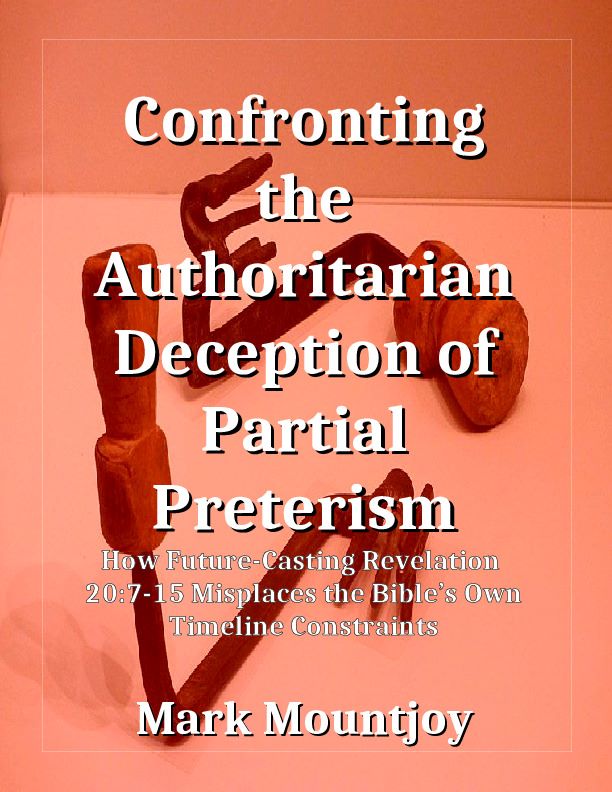[Click the image to review]
Description: This essay examines how three different Christian perspectives interpret a crucial historical narrative chronicling two great wars - the First Great Revolt and the Third Hebrew War against the Romans.
The First Great Revolt (AD 66-70) opens like the first chapter of an epic history, setting the stage with its tales of bravery, internal strife, and ultimately the destruction of the Second Temple. The Third Great War (AD 132-136) serves as the climactic chapter, where Simon Bar Kokhba unites Jewish and Hebrew forces in unprecedented numbers, achieving stunning initial victories before facing catastrophic defeat and final dispersion.
Three groups of scholars approach this history differently:
Full Preterists insist the entire prophetic story concludes with the first chapter (AD 70), compressing all fulfillment into the First Revolt and treating Revelation 20 as merely retelling Revelation 19. This is like trying to understand World War II by studying only World War I.
Partial Preterists acknowledge the First Revolt’s importance but, remarkably, project the climactic events described in the Third War into our future, despite their clear fulfillment eighteen centuries ago. This is like claiming World War II hasn’t happened yet, despite its documented completion.
Atavists offer a more complete understanding by recognizing how both wars fulfill distinct but connected prophecies. They show how the First Revolt brings the penultimate judgment (AD 70), while the Bar Kokhba War serves as the ultimate fulfillment of Ezekiel 38-39, Daniel 2:35 and Revelation 20:7-15. This approach honors both the Bible’s time statements and its complete prophetic arc from Neo-Babylonian captivity through the final scattering of the chaff in AD 136.
The essay argues that only by understanding the complete historical sequence - from the First Revolt through the Bar Kokhba War and its aftermath - in its proper prophetic context can we fully grasp the message of the Book of Revelation. This comprehensive view allows us to see how each event fulfilled specific prophecies while contributing to the larger narrative of God’s completed work at the end of continuous Hebrew national history. Understanding how these events fulfilled prophecy eighteen centuries ago helps us appreciate our present position in God’s kingdom while learning from this completed chapter of redemptive history.

